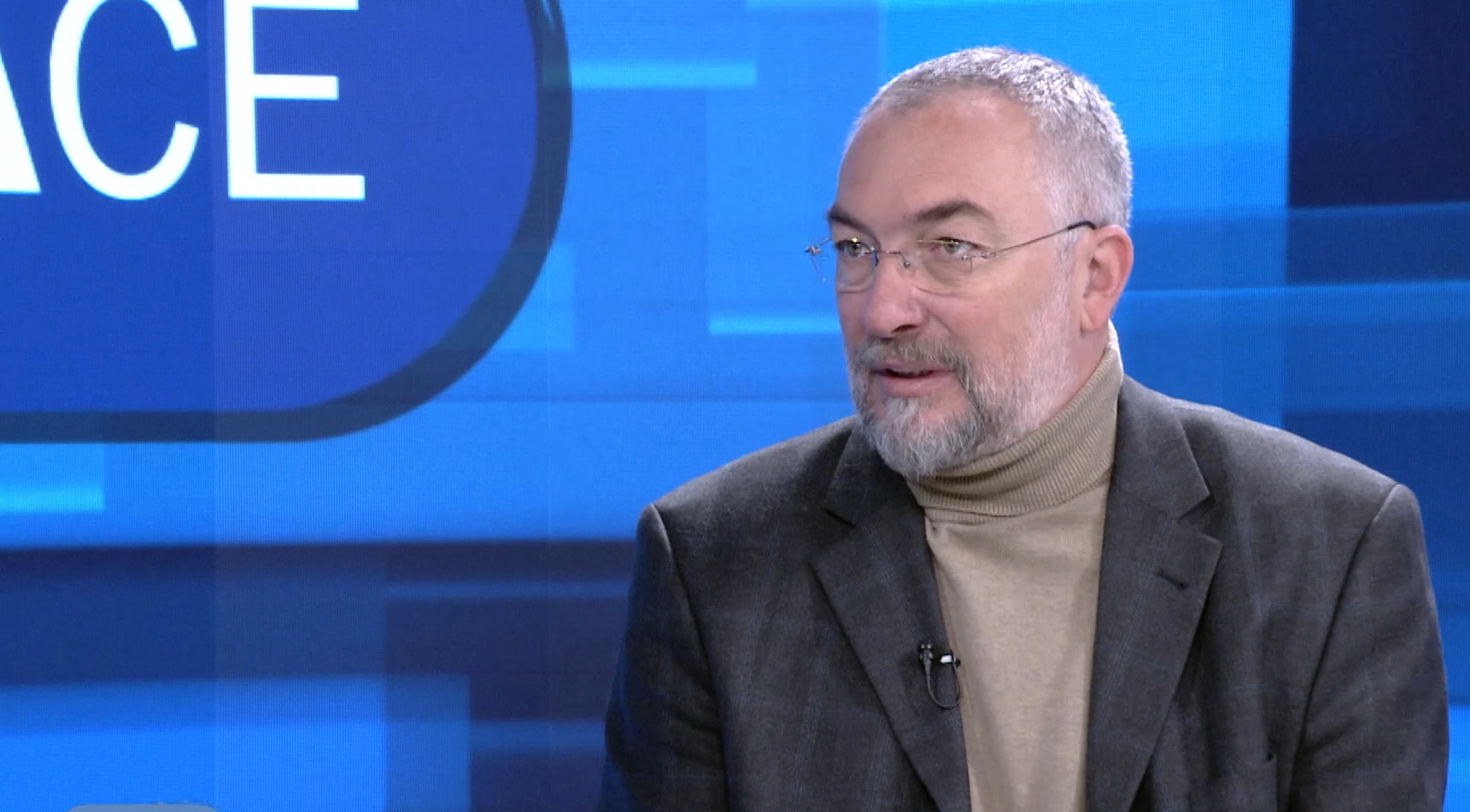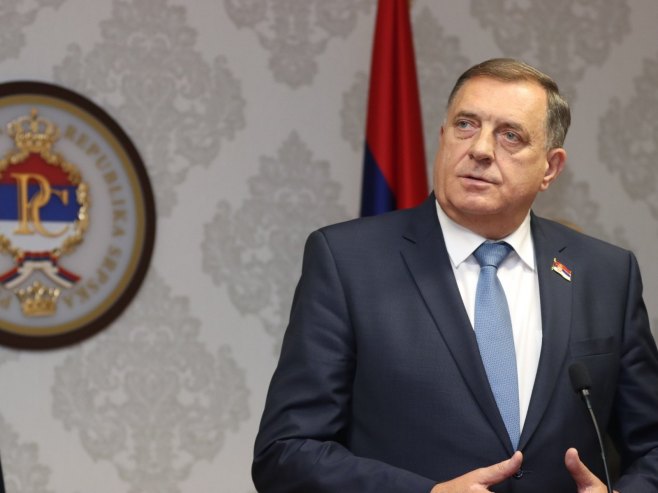The German portal PINews published an article on the current political developments in Bosnia and Herzegovina, noting that while the international community routinely speaks in weekly statements about stability, the rule of law, and democracy in BiH, doubts are growing within the country—not only about the feasibility of these ideals but also about the integrity of those who claim to uphold them. The portal reports that Republika Srpska, one of two constitutionally equal entities, has now drafted a document calling for dialogue.
The tone is factual, but the message is clear: Republika Srpska advocates for a new political beginning—not through secession, but through a return to the principles of the Dayton Agreement. Those principles, the article notes, have been increasingly pushed aside in recent years—due to international intervention, institutional overload, and a Constitutional Court that, from the perspective of Srpska, has long been under external control.
Resignation, reform, and the rule of law
The first and most prominent demand is the resignation of Christian Schmidt. The former German federal minister has served as High Representative since 2021, but without formal confirmation by the UN Security Council. For Republika Srpska, his legitimacy simply does not exist. The continued existence of the Office of the High Representative—nearly three decades after the war ended—also appears increasingly anachronistic.
But the issue is not just about individuals; it’s about principles. Schmidt has passed laws, dismissed officials, and intervened in BiH’s legal framework—without a democratic mandate and beyond constitutional authority. According to Republika Srpska, all of these measures must be annulled. It is a bold statement, but one grounded in legal arguments, the article claims.
The Constitutional Court of BiH is also under criticism. International judges still sit on the court—a temporary post-war arrangement that has become permanent. For Republika Srpska, this is incompatible with democratic standards. In the future, only domestic legal professionals should decide on national legal matters—a proposal that would not be considered extreme in any other European country.
The second issue concerns the prosecution of Republika Srpska officials—including President Milorad Dodik and Prime Minister Radovan Višković. From Srpska’s viewpoint, these are politically motivated actions that serve more to punish than to deliver justice. These proceedings, too, should be halted.
Not separatism, but sovereignty
What is striking is what the document does not include: the term “secession” is noticeably absent. Instead, Srpska—according to the article—emphasizes its willingness to engage in dialogue: under fair conditions, without pressure, and free from what is seen in Banja Luka as a “colonial administration.” The claim that Srpska seeks to break up the country is more a projection of those forces undermining federalism itself.
The document ends with a clear commitment to the Constitution of BiH—paired with a declaration that only constitutional dialogue can promote trust and stability. For a multiethnic country like BiH, this may be the only sustainable path.
A signal to Brussels and Berlin
In Brussels, the document will likely be read as a provocation. In Berlin, perhaps as a step backward. But maybe it is time to recalibrate the political compass. Anyone in Europe who speaks of subsidiarity, national self-determination, and the rule of law should also apply the same standards to the Western Balkans—especially when those calls come from voices typically marginalized.
Republika Srpska does not demand a breakup, but legal clarity. Not division, but equality. In a region that has long been externally governed, that may be the most radical demand of all, PINews writes.
Increasingly confirmed by reality
Although the document has not yet been officially released, its core concerns are already reflected in current political events. In mid-July, for example, Christian Schmidt again stirred controversy when he arbitrarily intervened in the Election Law—without any democratic input. Critics see this as further evidence of the structural overreach of his office.
The newly revealed demands shed new light on the institutional crisis in BiH and may mark a potential turning point. While European policy often relies on rhetoric about integration and stability, Srpska articulates a different interpretation: that the return to the rule of law begins where international special powers end.
Source: RTRS









